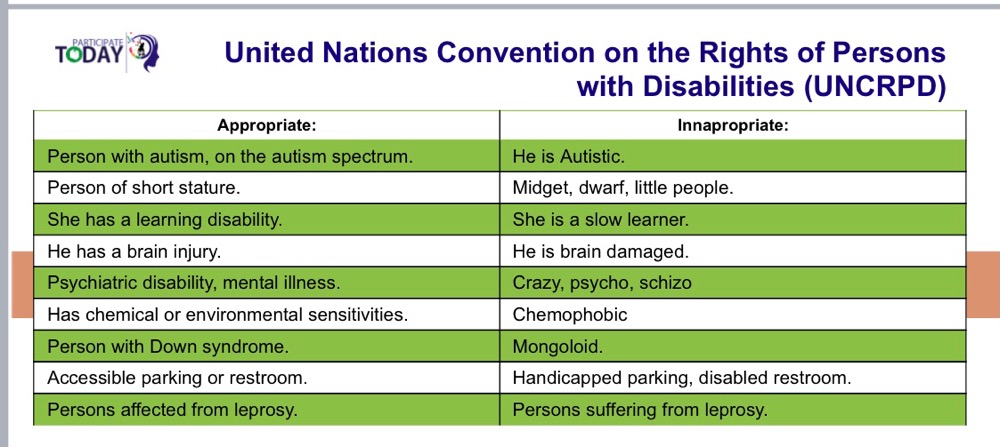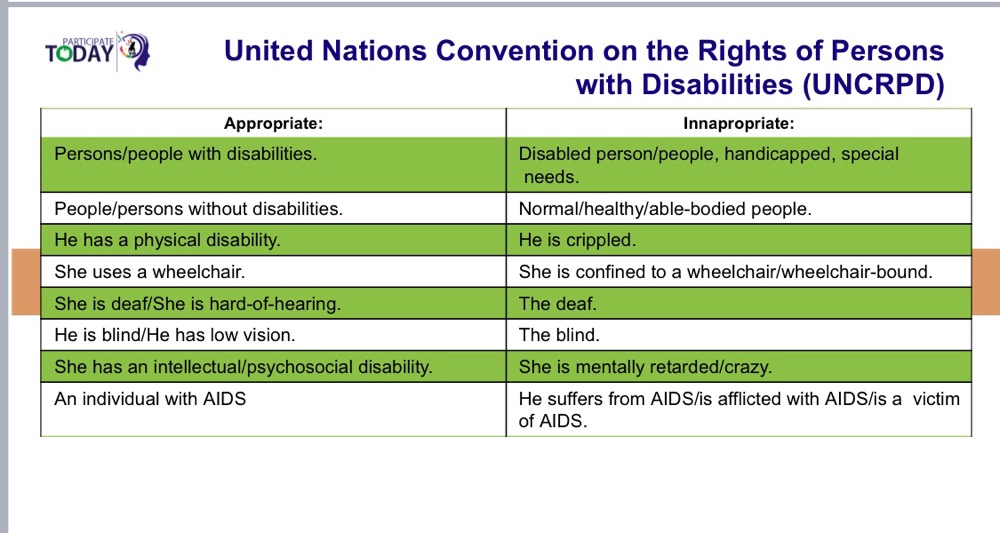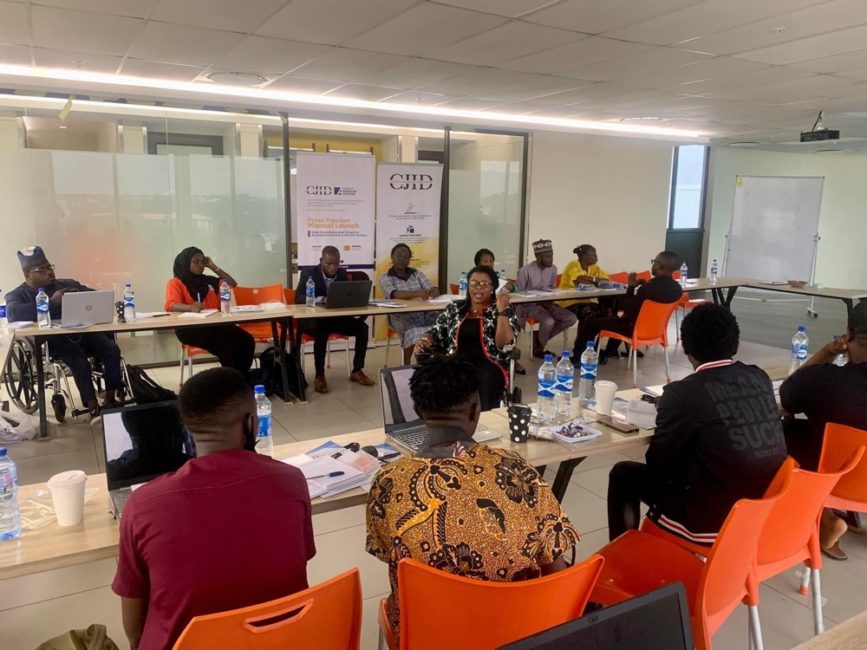Persons With Disabilities in Nigeria are unhappy at the language used in the media to describe them and the challenges they face.
A two-day workshop on disability-inclusive reporting organized by Centre for Journalism Innovation and Development(CJID) examined media language as it relates to PWDs in the country and identified common misconceptions.
Advertisement
According to the UN Convention on the Rights of Persons with Disabilities, “Persons with disabilities include those who have long-term physical, mental, intellectual or sensory impairments which in interaction with various barriers may hinder their full and effective participation in society on an equal basis with others.”
The Deputy Director of CJID, Busola Ajibola, said the training became necessary because of the common and negative stereotypes in the use of language while reporting persons with disabilities.
The facilitators took participants through a session on stereotypes, misconceptions and stigmatizing words used in addressing PWDs.
Ms Grace jerry, founder, Inclusive Friends Association, said the ways people with disabilities are perceived in society, and how they perceive themselves, are influenced by media representations through the power of language usage.
Advertisement
In correcting these language gap, Jerry said PWDs should not be labelled and put in categories such as, “the handicapped”, “the disabled”, “the retarded”, “the learning disabled”, “the brain dead” and so on.
The facilitators highlighted that reportage should always emphasize the individual and not the disability.
“Instead of saying John is confined to his wheelchair, use a positive expression of ability such as John uses a wheelchair,” she lectured.
Below are some of the appropriate use of language:

Advertisement

As of today there are approximately 27 million people in Nigeria who have one form of disability or the other. The figure accounts for at least 15 per cent of Nigeria’s current estimated population of 200 million, according to the UN.
In an attempt to address the situation, Nigeria signed into law the prohibition of discrimination against persons with disabilities law, but more than four years after, many Nigerians living with disabilities say the journey towards inclusion by the Nigeria government is still long.



